The main goal of this Universitat Rovira i Virgili review is to assess the current state-of-the-art regarding the potential adverse effects/safety assessment of GM plants for human consumption.
Source: gaiapresse.ca
Abstract
In recent years, there has been a notable concern on the safety of genetically modified (GM) foods/plants, an important and complex area of research, which demands rigorous standards. Diverse groups including consumers and environmental Non Governmental Organizations (NGO) have suggested that all GM foods/plants should be subjected to long-term animal feeding studies before approval for human consumption. In 2000 and 2006, we reviewed the information published in international scientific journals, noting that the number of references concerning human and animal toxicological/health risks studies on GM foods/plants was very limited. The main goal of the present review was to assess the current state-of-the-art regarding the potential adverse effects/safety assessment of GM plants for human consumption. The number of citations found in databases (PubMed and Scopus) has dramatically increased since 2006. However, new information on products such as potatoes, cucumber, peas or tomatoes, among others was not available. Corn/maize, rice, and soybeans were included in the present review. An equilibrium in the number research groups suggesting, on the basis of their studies, that a number of varieties of GM products (mainly maize and soybeans) are as safe and nutritious as the respective conventional non-GM plant, and those raising still serious concerns, was currently observed. Nevertheless, it should be noted that most of these studies have been conducted by biotechnology companies responsible of commercializing these GM plants. These findings suggest a notable advance in comparison with the lack of studies published in recent years in scientific journals by those
companies. All this recent information is herein critically reviewed.
Authors
José L. Domingo, Jordi Giné Bordonaba





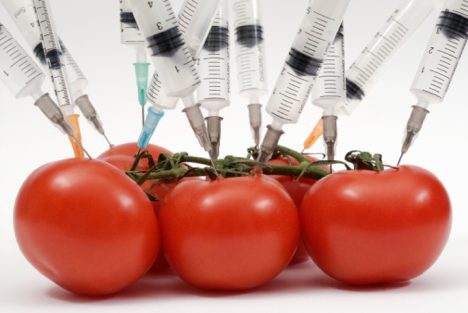
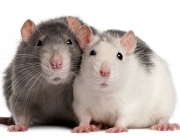





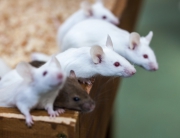




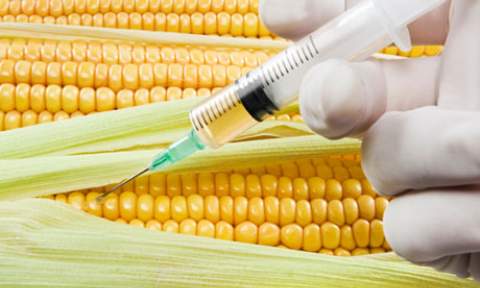

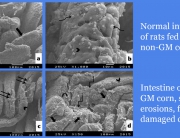
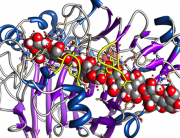
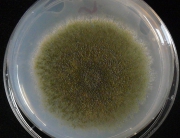


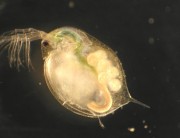
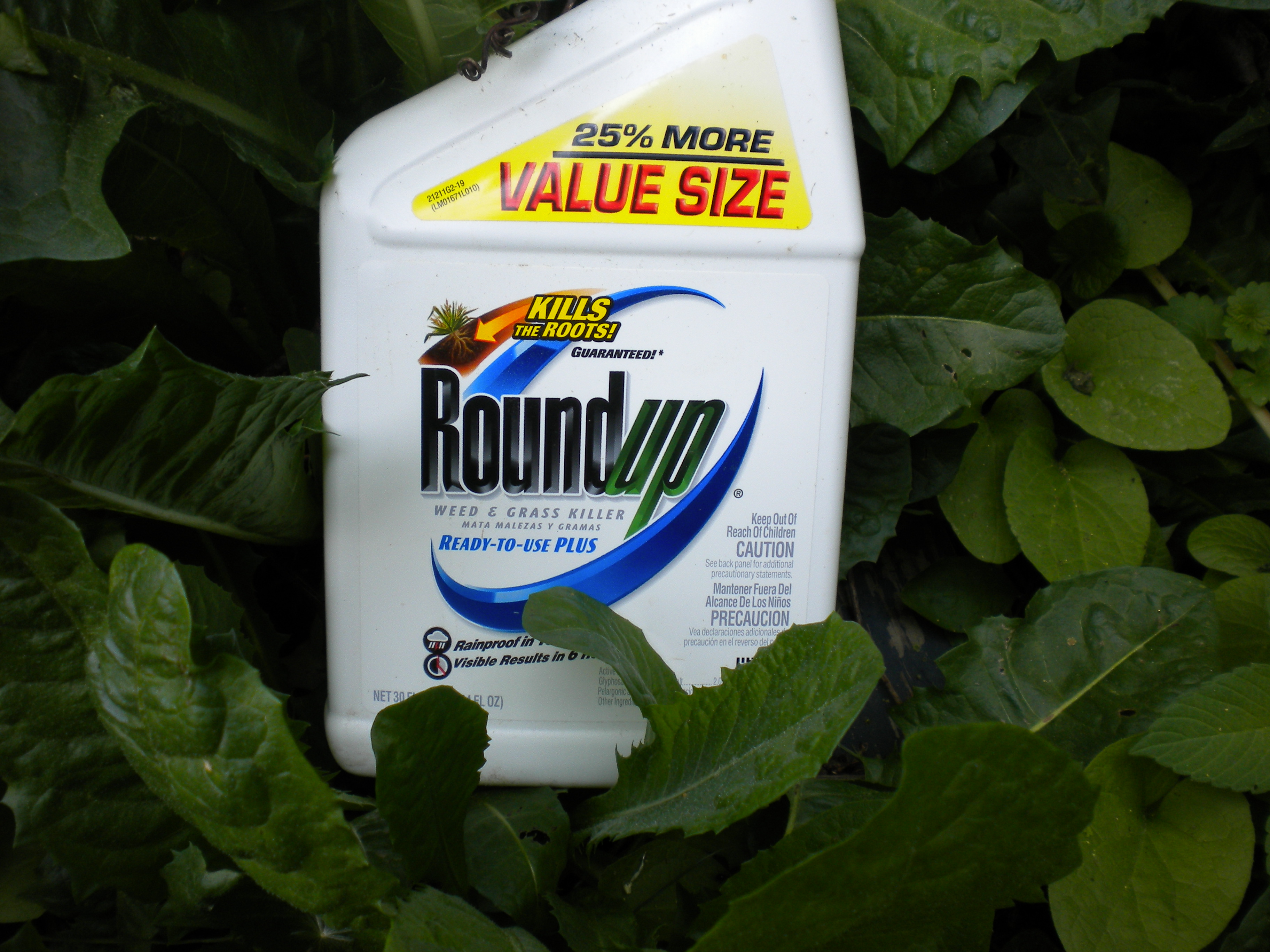
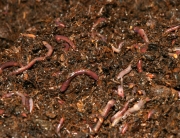
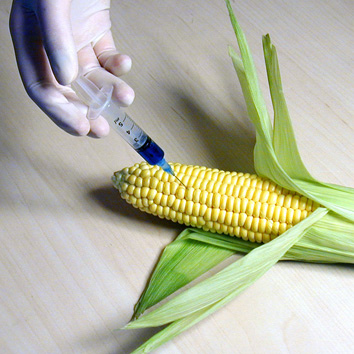



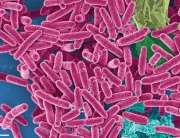
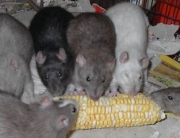

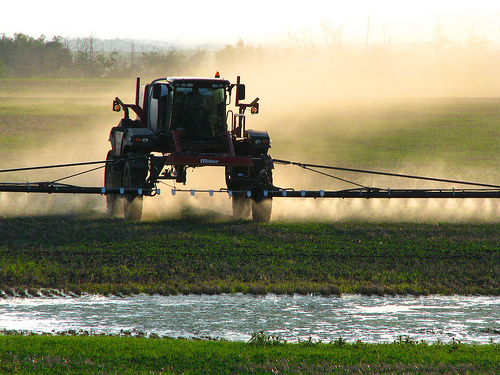

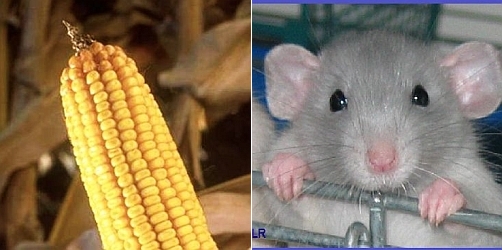
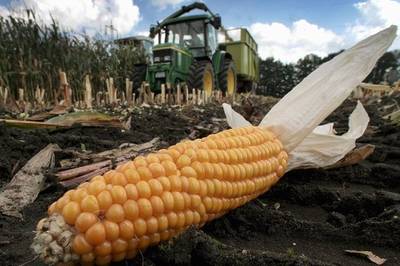
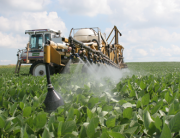

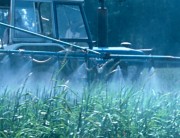

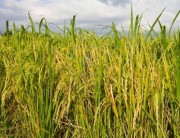
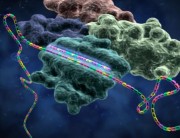


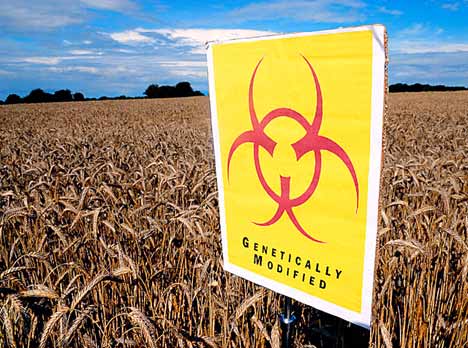
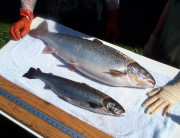
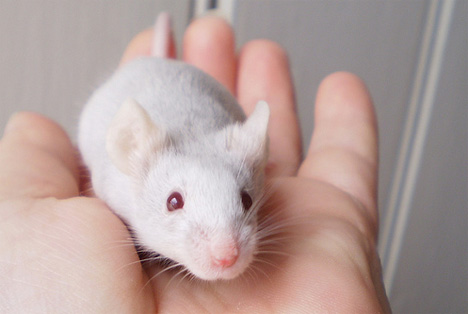
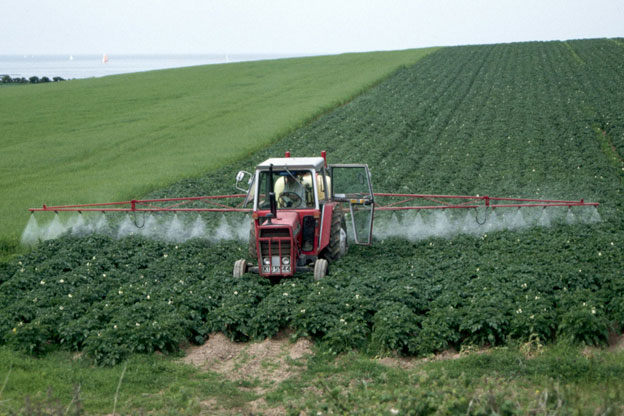

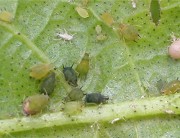

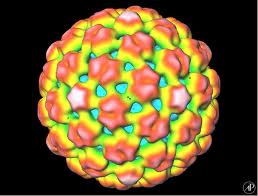
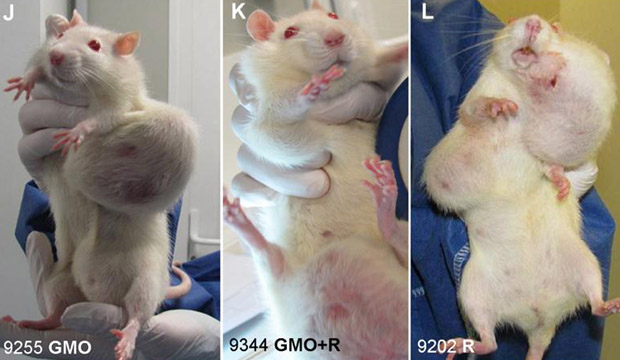



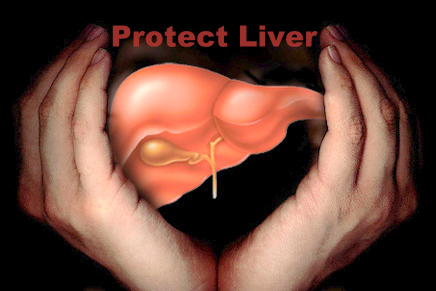




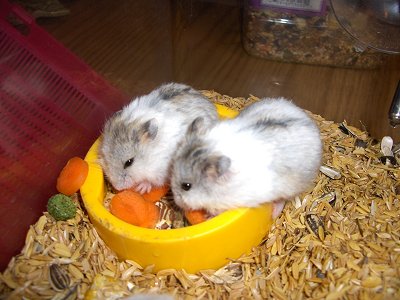

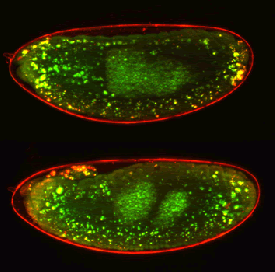
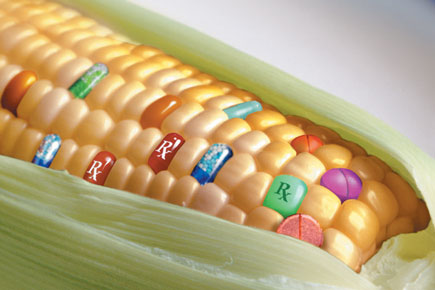
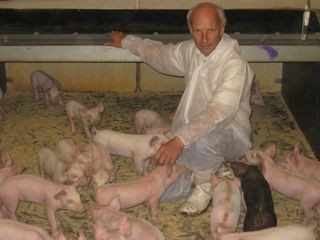
Buen día José, no me importaría tener más información referente a los cultivos transgénicos. Vivo en el sur de Huesca, una provincia con mucha implantación de maíz transgénico.
Se que es simplista querer saber si estás a favor o no. Yo personalmente pienso que hya un 90% de demagogia y un 10 de conocimiento de las consecuencias a medio plazo tras el implante de este tipo de cultivos en nto. pais respecto a los vecinos del norte, más cautos o lentos a la hora de aceptar este tipo de cultivo.
Gracias, si me envías tus impresiones para estar un poco mas informado.
Un saludo
enough